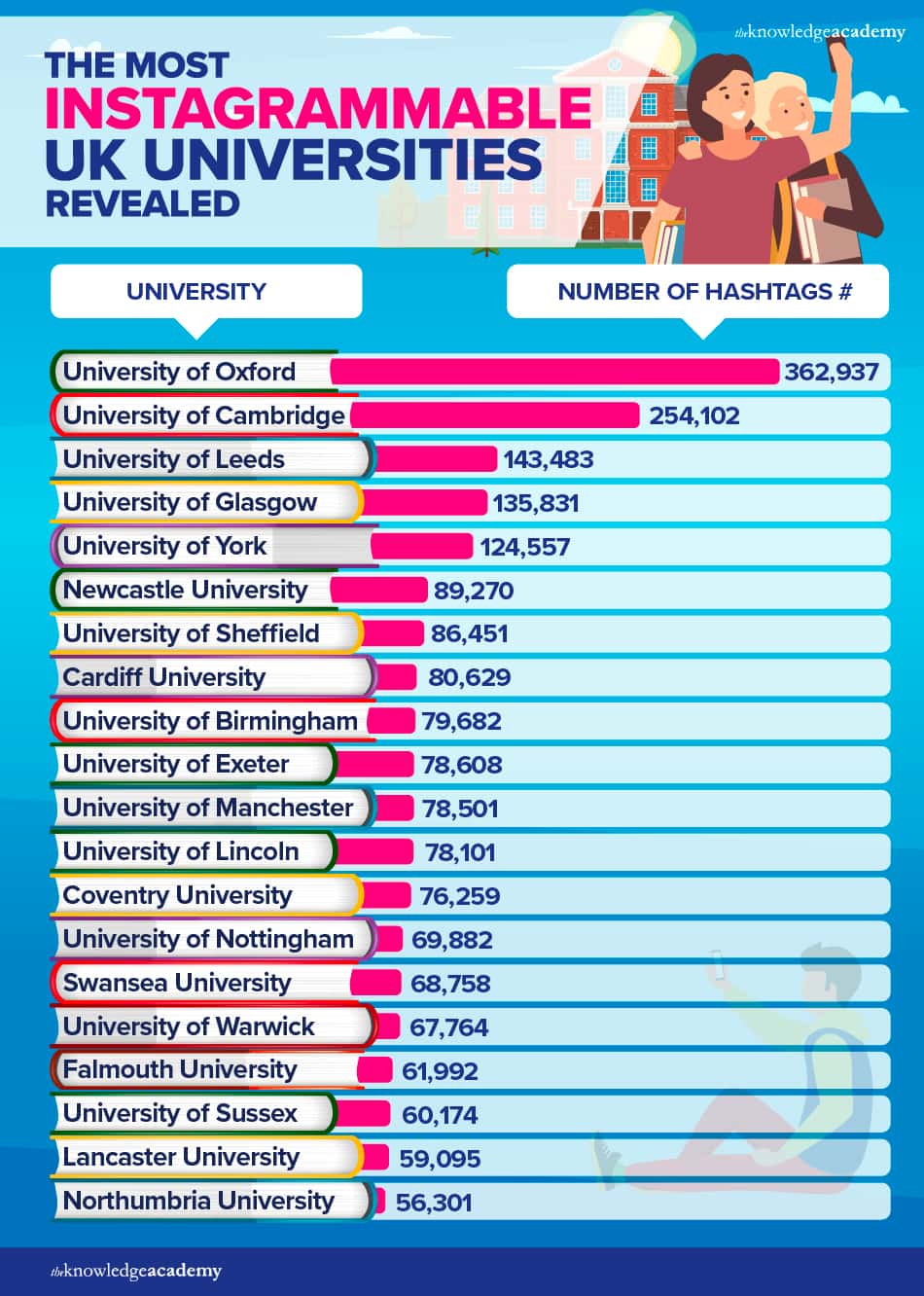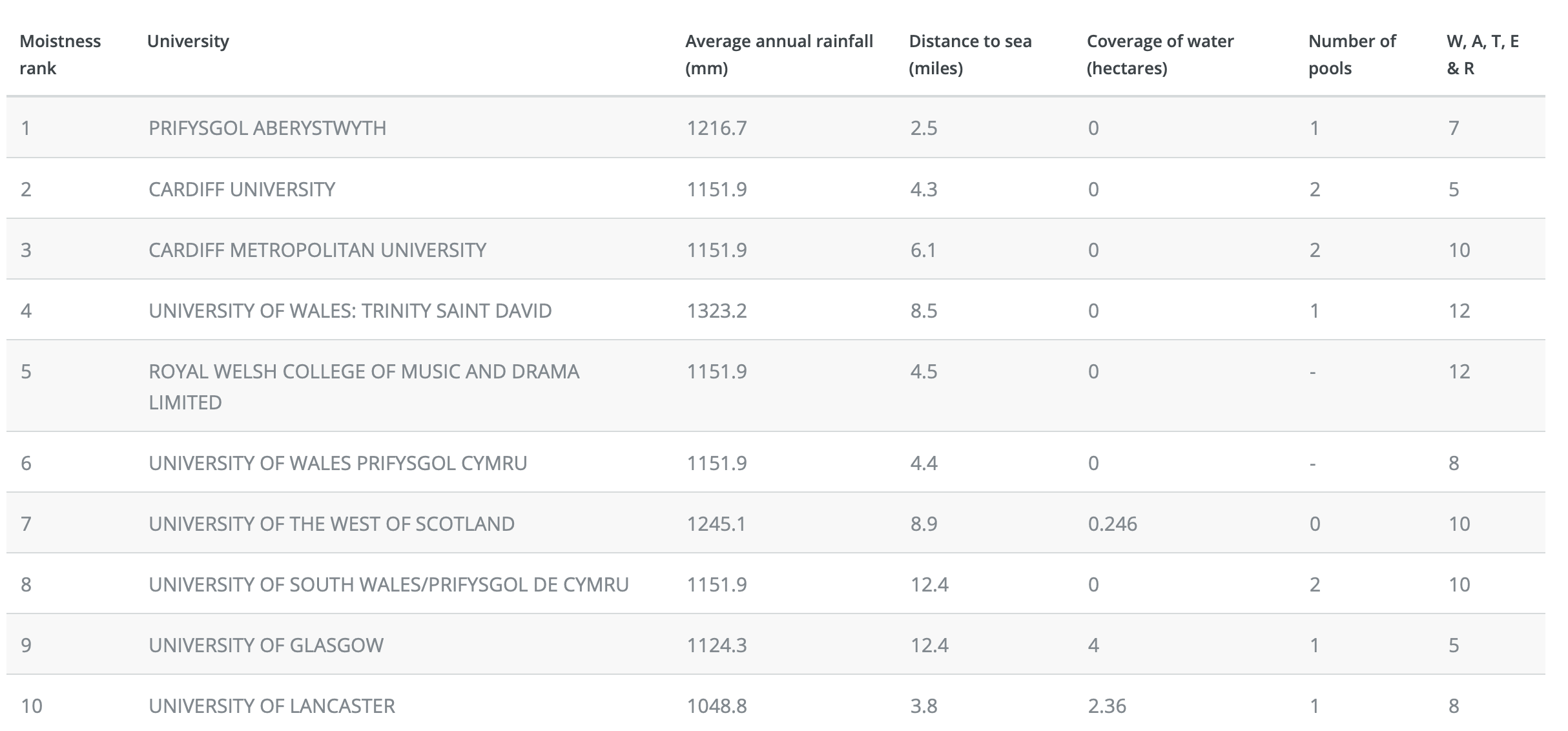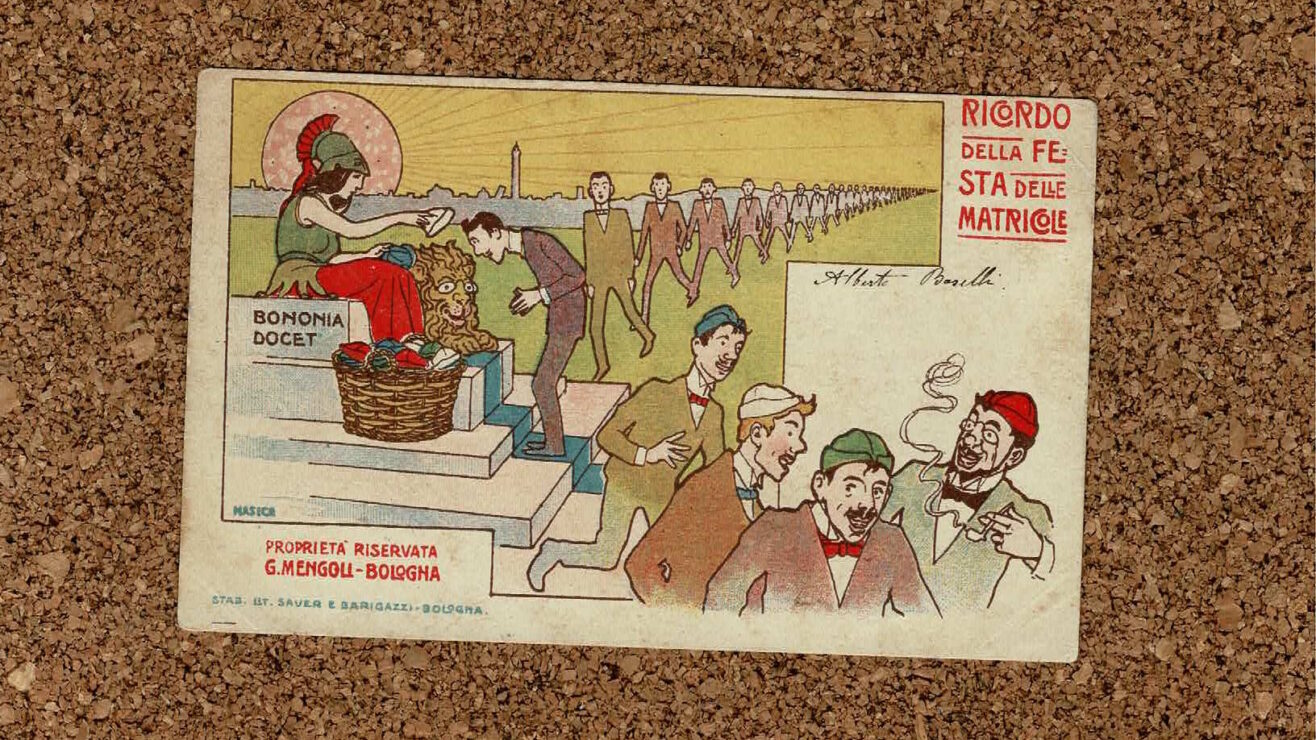As reported in our last, internationally focused, rankings round up, despite the impact the pandemic has had across the world on people and economies and the higher education sector, it does not seem to have affected the progress of university rankings.
You still can’t move for the darned things which continue to be published as frequently as ever. Perhaps real life will catch up with them some day. Whilst there have been some really big international league tables published since the last round up (I won’t embarrass you by listing them here) not to mention some utterly preposterous domestic ones (you know who you are) here are a few UK and international ones you may have missed while doing something more important in preparing for the new session.
I want to ride my bicycle
One particular league table which has been getting a lot of coverage in the last month or so is this ranking of universities based on their cycling provision. Arguably it is a little more sophisticated than my own efforts in this respect (just count the darned cycle hoops, what more do you need?) and therefore well worth a look in terms of niche/pointless assessment of university cycling action.
The rather iffy Top 10 is as follows:
1 – University of Edinburgh
2 – University of Bristol
3 – University of Glasgow
4 – University of Manchester
5 – University of Nottingham
6 – University of Cambridge
7 – University of Warwick
8 – University of Southampton
9 – University of Birmingham
10 – University of Oxford
Fair dos
As recently reported a study has been undertaken to look at the possibility of creating a league table based on how well universities deliver in terms of widening participation
In 2018, with support from the Australian government’s Department of Education, Skills and Employment, we investigated whether it would be possible to construct a higher education equity ranking system using indicators generated for the sole purpose of measuring equity performance.
While we found that it was possible to rank institutions in this way, there were some caveats that need to be carefully considered before incorporating such a system into policy and practice.First, there does not appear to be a universal definition of what ‘equity’ in higher education is. Our research showed that there was broad agreement regarding measures around widening participation, retention and completion.
However (spoiler alert), there were, unsurprisingly, just too many caveats to make it work. Maybe one for the future.
It all stacks up
Always ones for the authentic and creative league table those lovely people over at The Tab have ranked universities by the amount of (self-reported) time students spend in the library:
Disgustingly, Oxford and Cambridge students spend around 75 hours each month studying on campus. With that, they could comfortably watch the whole 72 hours of Game of Thrones every single month.
Oxbridge aside, Southampton students, obviously seeking refuge from the rest of the city, spend 65 hours a month in the library, pipped only by Glasgow’s 67.5 hours, data compiled by Natwest shows
Leeds are near the bottom of the pile – either because they’ve got the ugliest campus going, or they’ve got better things to be doing.

Hard to argue with any of that.
Brrrr
This is equally niche and dumb – a ranking of the coldest universities in the US. There’s no point in doing this in the UK as Aberdeen and Robert Gordon University would run away with it every time (no slight on Aberdeen, just a recognition that it can get a wee bit nippy there in the winter months).
Well done to Minnesota State at Moorhead which does look decidedly chilly. However, I’m sure there are plenty of Canadian, Scandinavian and Russian universities who could give them a run for their money.
Picture this
In a frankly desperate ranking effort one organisation simply counted the number of hashtags for UK universities on Instagram to discover, among other things, that:
Oxford is home to the UK’s most Instagrammable university, with an average 994 tags PER DAY
University of Cambridge is runner-up, with 254,102 Instagram hashtags – 108,835 LESS than Oxford
Universities in Leeds, Glasgow and York make the top 5
Genuinely astounding. The full ranking is as follows:

And, as they also note, Oxford is:
not just one of the oldest universities in the world but it is also the most popular on Instagram…to date, it has been tagged 362,937 times on the photo sharing service.
No-one could accuse that ranking of methodological over-elaboration.
What’s a ranking got to do with it?
This was a particularly interesting ranking for me as I am a sucker for a droll title or sub-heading based on a pop culture reference (indeed, it’s something of a pre-requisite for contributing to Wonkhe). But it does seem that all of these terribly clever and witty titles have slipped into cliche now; as the THE piece reports, hundreds of journal articles have gone beyond Tina Turner references to dig into some really obvious song, film and book titles for inspiration:
Other songs that appear regularly in scholarly papers include The Clash’s Should I Stay or Should I Go (445 times) and two Beatles tunes: The Long and Winding Road (224 times) and With a Little Help From My Friends (157 times); while the Pink Floyd album Dark Side of the Moon pops up 291 times.
Those thinking about including a sly nod to Sergio Leone’s iconic western The Good, the Bad and the Ugly in their next paper might also want to think again; the film has been referenced 772 times, some distance ahead of the next most quoted film, Stanley Kubrick’s Dr Strangelove, whose subtitle “How I Learned to Stop Worrying and Love the Bomb” is alluded to in 71 papers.
Charles Dickens’ Tale of Two Cities was the most quoted book in journal paper titles, cited 519 times, ahead of H. G. Wells’ science fiction novel The Shape of Things to Come (192 times).
All’s well that ends well for that ranking.
Wet Wet Wet
In perhaps the most distinctive ranking of recent months, the always on point University of Bantshire has produced its first ever Moist University Rankings. Although we’ve done a narrower water-based ranking here before the Bantshire effort goes the extra nautical mile with a broad range of indicators:
The rankings are based on five key metrics: average annual rainfall (source: Met Office, nearest climate station), distance to the coast, area of campus covered in water (source: HESA), number of swimming facilities (source: CUG and BUCS), and the number of the letters W, A, T, E and R in the university’s name. These metrics are weighted 75%, 10%, 10%, 4.5% and 0.5% towards the final ranking. The rankings are based on main campus postcodes only.
Not included in these rankings: ornamental Japanese ponds, staff with water related names, wet labs, VCs who are also Olympic swimmers, number of leaking roofs, number of water coolers, large puddles, and flooded car parks.
Good for them. Anyway, here is the extremely damp top 10

Great news for Welsh and Scottish institutions there.
Name that student
And then finally there is the annual opportunity to see what the most common names will be at your institution 18 years hence. The ranking of the most popular baby names of the last 12 months are usually good value and this year’s does not disappoint. And for younger members of university staff it’s always good to get ahead of the game so that you aren’t surprised when Oliver, Freya, Hudson and Olivia turn up in your seminars a couple of decades from now.
That’s all your rankings for now. Until the next time.














If ever there was a need for a furlough, University league tables would be it.